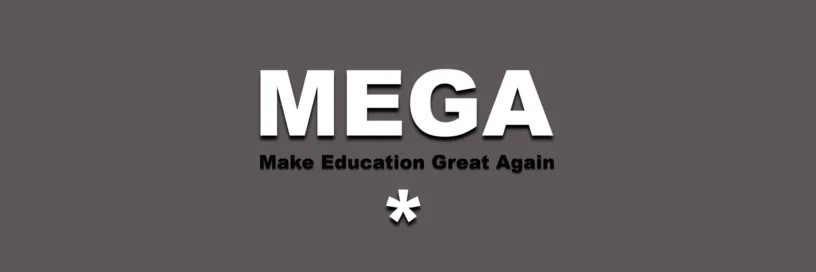Wir sind die MEGA-Partei und unser Motto lautet: „Bildung statt Meinung.“ Als politische Mitte fordern wir eine Stärkung von Industrie und Bildungswesen, um Deutschland zum technologischen Weltmarktführer zu machen. Dies gelingt durch eine Bundeszuständigkeit für große Bauvorhaben und eine Abschaffung des Bildungsföderalismus. Bundesländer sollen fusioniert werden, um überregionale Entwicklung zu fördern. Deutschland muss in Zukunftstechnologien investieren, insbesondere zur Gewinnung und Speicherung erneuerbarer Energien. Datenschutz darf nicht Bequemlichkeit zum Opfer fallen. Steuern sollen nicht gesenkt, sondern effizienter eingesetzt werden und dem Menschenwohl dienen.
MEGA
